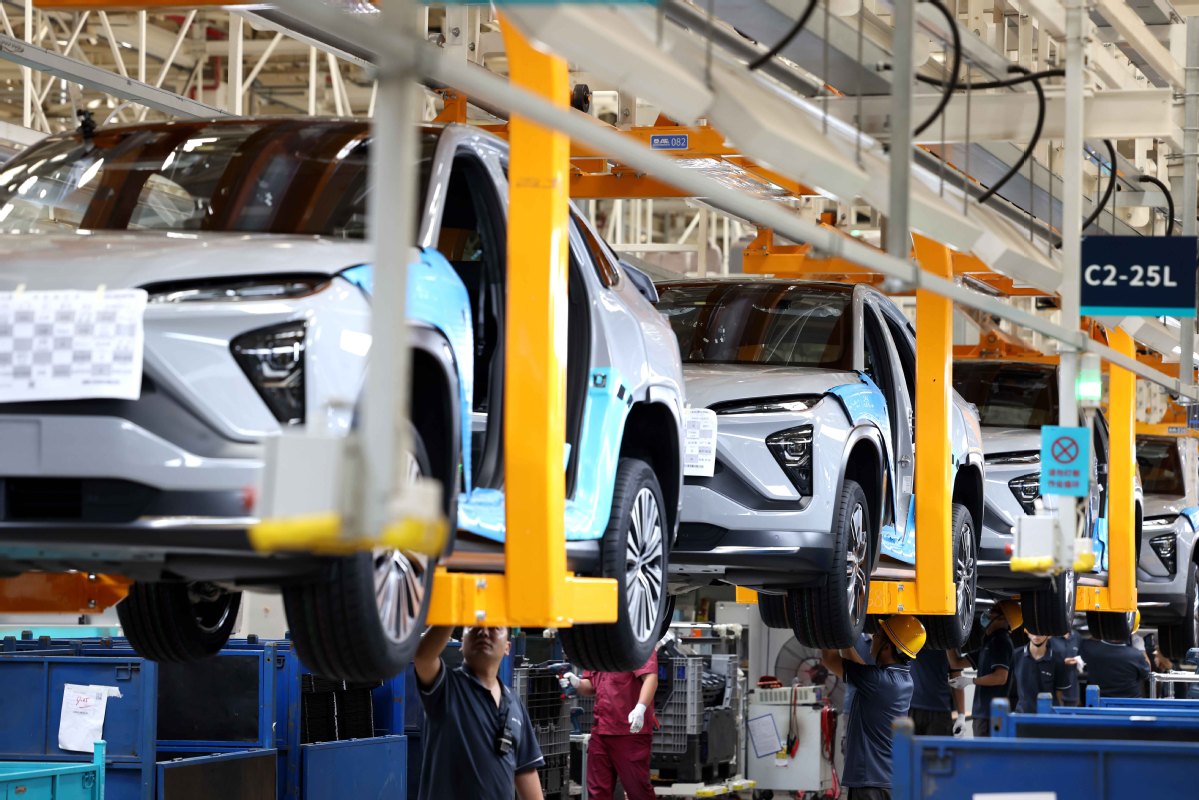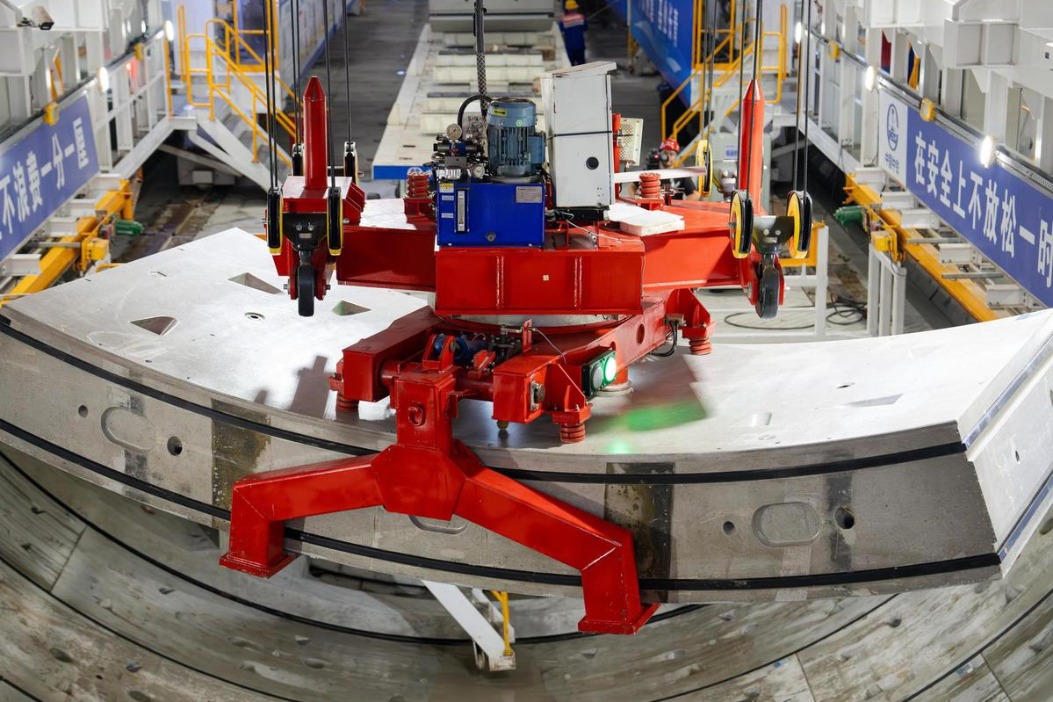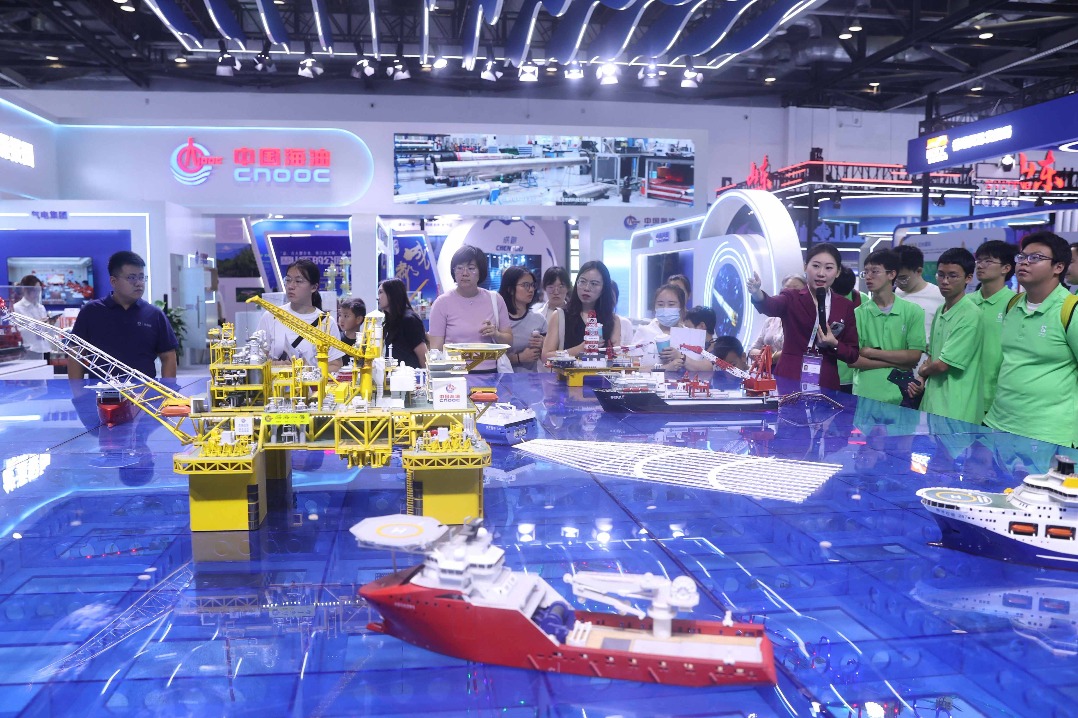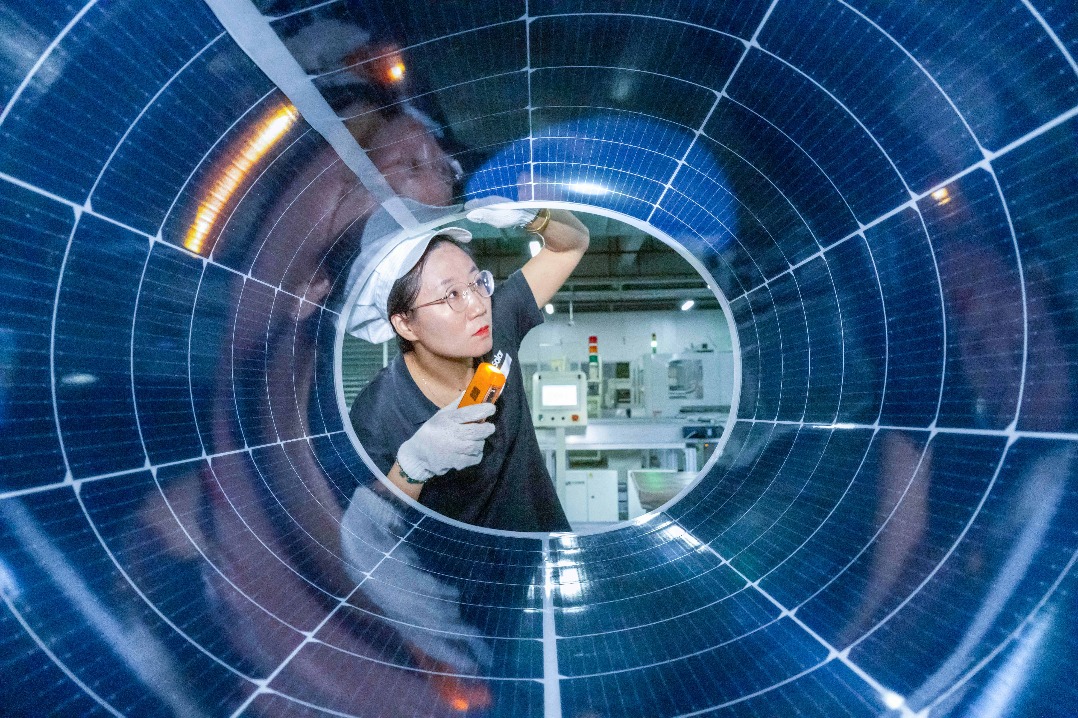Role in supply chains grows


As China moves up the value chain, the country is becoming more of an exporter than importer of intermediate goods used by manufacturers elsewhere, helping strengthen the connectivity and hence competitiveness of regional supply chains, according to a report by HSBC.
In Asia, intermediate goods imports from the Chinese mainland now account for close to 20 percent of all component imports on average, said HSBC's Asian Economics Quarterly: Retooling Factory Asia report.
As supplier networks are changing, exporters in the Association of Southeast Asian Nations — ASEAN — increasingly rely on components from the Chinese mainland rather than other sources, the report said.
It further stated that global trade may be heading for a rough patch — cyclically, certainly, and possibly structurally — but factories in Asia continue to be retooled and adjusted, helping preserve their competitiveness. That is lifting investment and providing an extra layer of resilience in an ever more turbulent world.
Liu Wenqiang, deputy head of the China Center for Information Industry Development, which is based in Beijing, said the HSBC report underlines China's major role in global supply chains.
As Chinese companies step up their efforts to hone their research and development capabilities, the country's appeal for high-end manufacturing will grow, which can better help safeguard the stability of global industrial and supply chains, Liu said.
From January to November last year, the actual use of foreign capital in China's high-tech manufacturing sector increased nearly 59 percent year-on-year, latest data from the Ministry of Commerce showed.
Deuk-kyu Hwang, president of Samsung Greater China, had said earlier, "With a complete supply chain supporting system, China is well positioned to cope with global uncertainties … and China boasts a strong logistics system that secures stable supply chains."
As the world's largest manufacturing country, China ranks first globally in terms of output, accounting for more than 40 percent of the world's 500 major industrial products, data from the Ministry of Industry and Information Technology showed.
More than 570 Chinese industrial companies have made it to the global top 2,500 companies in terms of R&D investment, boosting their ability to support supply chains, MIIT said.
Jean-Pascal Tricoire, chairman and CEO of Schneider Electric, said China is one of the company's most important centers, which integrates R&D, supply chains, sales and service. The company also has a complete ecosystem of local suppliers and integrators in China.
China, he said, accelerates industrial digitalization and pays increasing attention to sustainable development, and is one of the company's most important R&D bases in the world.
Craig Allen, president of the US-China Business Council, said, "China is an attractive location for supply chain integration."
Most US companies investing in China are "in China, for China", and they hope to serve Chinese markets through highly global supply chains that involve imports and localized production, Allen said.
China's scale motivates US companies, while the nation's ecosystem is strengthened greatly by investments in infrastructure and talent, he said.




































